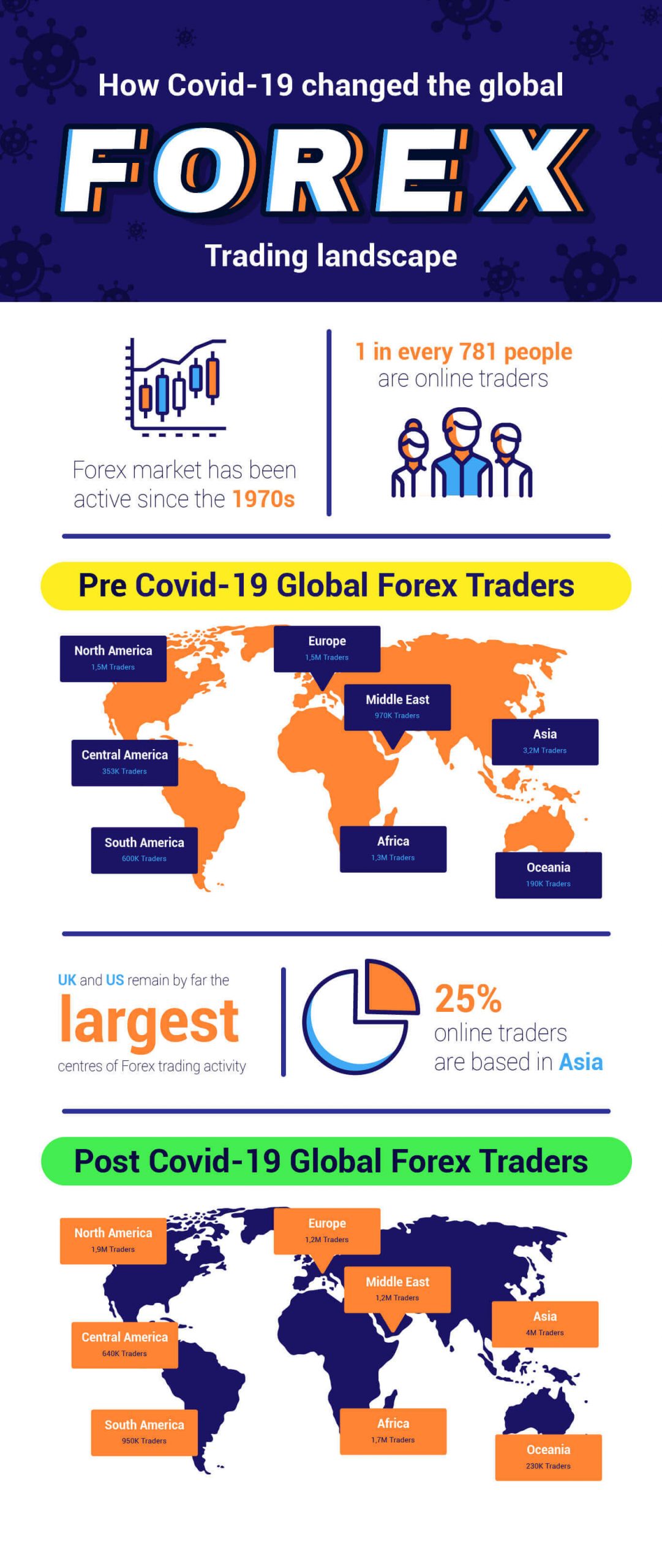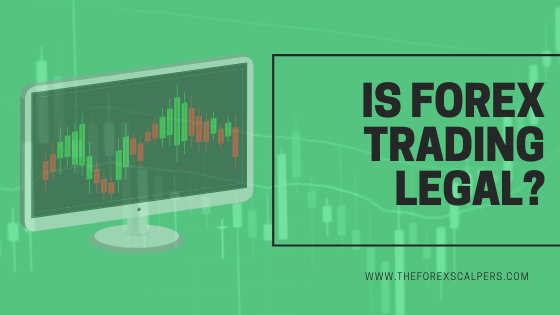Diving into the world of financial markets often raises questions about their legality. Forex trading, renowned for its lucrative possibilities, is no exception. So, is it legal to trade forex? This comprehensive guide will navigate you through the intricate legalities of forex trading worldwide, answering your essential questions and providing expert insights.

Image: businesstimes.co.zw
The Legality of Forex Trading
Forex trading entails the buying and selling of foreign currencies, facilitating global commerce. Its legality varies across jurisdictions, influenced by local regulatory frameworks and laws. To determine the legality in your country, consult your local financial authority’s guidelines.
Forex Trading in the U.S.
In the United States, forex trading is legal and regulated by the Commodity Futures Trading Commission (CFTC). However, only licensed retail brokers can facilitate forex transactions. These brokers must adhere to strict guidelines, including capital requirements and regular audits. Retail traders can trade forex through regulated brokers without facing legal implications.
Trading Forex in Other Countries
The legality of forex trading in other countries varies widely. Many countries, including the United Kingdom, Australia, and Canada, have established regulatory bodies to oversee forex trading. These entities ensure transparency and consumer protection, making it legal for residents to engage in forex.
However, some countries strictly prohibit or restrict forex trading due to concerns over financial stability and investor protection. In such instances, participating in forex trading could constitute a legal violation.

Image: theforexscalpers.com
Navigating the Legalities
To ensure your forex trading practices comply with applicable laws, follow these steps:
- Verify Legal Status: Confirm the legal status of forex trading in your country through the relevant regulatory authorities.
- Choose Regulated Brokers: Select forex brokers licensed by reputable regulatory bodies to safeguard your funds and ensure adherence to industry standards.
- Understand Regulations: Familiarize yourself with the trading regulations imposed by your local or national financial authority.
Expert Advice and Tips
Based on our expertise as forex traders, here are some crucial tips to enhance your understanding of the legalities:
- Stay Updated: Forex regulations are subject to change; hence, keep yourself informed about any updates or revisions.
- Choose Reputable Brokers: Collaborate with established brokers who prioritize transparency and provide necessary support.
- Comply with Regulations: Abide by the regulations outlined by your local financial authorities to avoid legal repercussions.
Frequently Asked Questions (FAQs)
Is forex trading legal in the U.S.?
Yes, forex trading is legal in the U.S. under the regulation of the Commodity Futures Trading Commission (CFTC).
How can I ensure I’m trading forex legally?
Choose regulated brokers, review the trading regulations in your jurisdiction, and ensure compliance.
Is it possible to trade forex in countries where it’s prohibited?
Forex trading in countries where it’s prohibited is considered a legal violation; therefore, it’s not advisable to engage in such activities.
Conclusion
Navigating the legalities of forex trading requires a comprehensive understanding of local regulations and global standards. By adhering to the guidelines provided, you can confidently engage in forex trading while ensuring compliance and avoiding potential legal issues. Remember, the legality of forex trading varies from country to country; always familiarize yourself with the applicable laws and regulations to remain on the right side of the law.
Is It Legal To Trade Forex
Would You Like to Know More?
If you have additional queries regarding forex trading’s legality, reach out to your country’s financial authority or consult with an expert in the field. We enthusiastically encourage you to continue exploring the realm of forex trading while prioritizing compliance and responsible practices.






